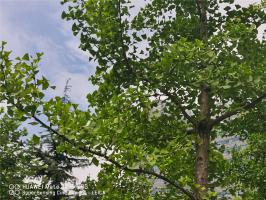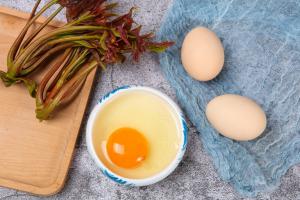Can a Desert Tortoise Eat Tomato Plant Leaves?
Desert tortoises are herbivorous animals and they usually feed on a variety of plant species. However, when it comes to feeding them tomato plant leaves, there is a lot of controversy surrounding this topic. Some people argue that tomato plant leaves are toxic to desert tortoises, while others believe that they can be fed in moderation. In this article, we will explore the facts and myths around feeding tomato plant leaves to desert tortoises.
The Potential Risks of Feeding Tomato Plant Leaves to Desert Tortoises
Tomato plants, including their leaves, are part of the nightshade family. This means that they contain solanine and tomatine, two alkaloid compounds that are known to be toxic to many animals, including humans. Some reptiles, such as snakes, have developed a resistance to these toxins, but it is unclear whether desert tortoises can digest them safely.
Some experts argue that feeding tomato plant leaves to desert tortoises could cause gastrointestinal problems, liver damage, or even death. The risks may vary depending on how much and how often tomato plant leaves are consumed. It is also worth noting that tomatoes are part of the fruit, not the leaf, and feeding tortoises tomato fruits is generally considered safe.
The Benefits of Avoiding Tomato Plant Leaves
Even if tomato plant leaves were not toxic, there are other reasons why desert tortoise owners should avoid feeding them. One of the main benefits is that it prevents the risk of accidental poisoning. For example, if a tortoise is let to roam in a garden with tomato plants, it could accidentally consume tomato leaves or stems that have fallen on the ground. In addition, avoiding tomato plant leaves encourages a varied and nutritious diet for desert tortoises, which is essential for their health and wellbeing.
Healthy Alternatives to Tomato Plant Leaves
There are plenty of alternatives to tomato plant leaves that can be provided to desert tortoises. Some popular options include grasses, hay, cactus, fruits (except avocadoes), and vegetables such as kale, collard greens, and dandelion greens. These foods provide a variety of nutrients, including vitamins, minerals, and fiber, that desert tortoises need to stay healthy and active.
It is also important to provide fresh water and calcium supplements to desert tortoises. Calcium, in particular, is essential to prevent metabolic bone disease, a common condition in captive desert tortoises that can cause deformities, bone fractures, and even death.
Conclusion
In conclusion, while it is possible that desert tortoises can digest tomato plant leaves, the potential risks outweigh the benefits. Feeding them tomato plants, including leaves and stems, can be toxic and cause harm to these creatures. To ensure a healthy and safe diet for desert tortoises, it is best to provide them with a variety of nutritious foods that are known to be safe and beneficial for them.

 how many times do yo...
how many times do yo... how many planted tre...
how many planted tre... how many pine trees ...
how many pine trees ... how many pecan trees...
how many pecan trees... how many plants comp...
how many plants comp... how many plants can ...
how many plants can ... how many plants and ...
how many plants and ... how many pepper plan...
how many pepper plan...































